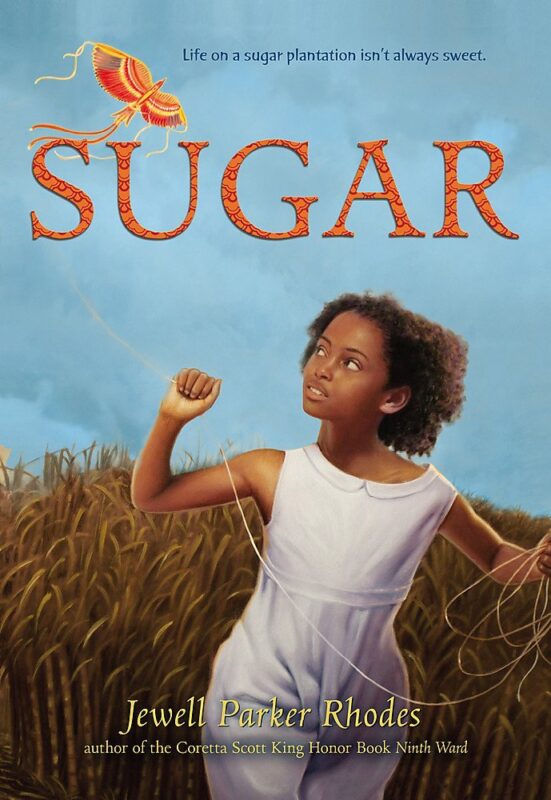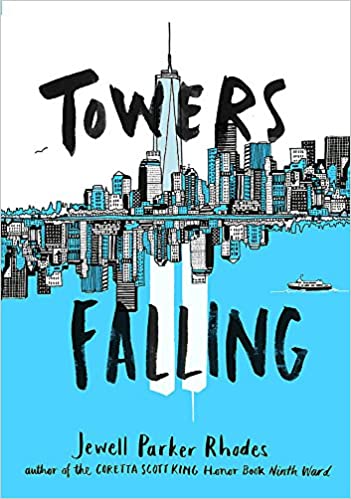Sugar
Series: Blog Post Topics, Middle Grade and YA Reads about the Gilded Age
Genre: Historical Fiction - Middle Grade
(Middle-grade reading level - no content concerns)
Sugar is one of the few children located on a sugar plantation in Mississippi after the Civil War. In order to supplement the labor force, the plantation owner has brought in several men from China to help cut the sugar cane. Sugar makes friends with the son of the white plantation owner and she also develops a friendship with the Chinese men who have come to work at the plantation. Her ability to make friends and share stories with both groups shows the intimacy of relationships on these small plantations, and how racial dividing lines were not as clear cut as the laws required. Her spunkiness and curiosity in the story is the way young readers will make a connection to the history.
I really appreciated this book because it was written about a time period and a place that hasn't received much coverage in children's literature. This book is definitely written for younger middle-grade students. There is a lightness to the story, as the friendship between Sugar and the white son (Billy) of the plantation owner is somewhat accepted by the family. Although it is certainly not avoided, much of the prejudice and racial hatred these people would have faced during this time period is toned down for the age level of the reader.
More info →Towers Falling
Series: Blog Post Topics, Historical Fiction and 9/11
Genre: Historical Fiction - Middle Grade
(Young Middle Grade - No content concerns)
Towers Falling is a book for younger readers. Rhodes took the story of 9/11 and made it appropriate for middle-grade students by having it told from the perspective of a girl who was learning about the event through school. Deja is in fifth grade and she was born after 9/11. Her family has recently been unsheltered and Deja has become protective and jaded by the experience of eviction. She is suspicious of her classmates despite their friendliness - Ben a new student from Arizona and Sabeen a girl from the city who shares about her Muslim culture. Ultimately Deja opens up to them and redefines her understanding of family and familial connections.
I would suggest this book for sensitive students who also struggle with conceptual understandings of history. The simplistic approach is gentle and unassuming and would attract those who require that approach to the topic.
More info →



